Description
Triphaladi Thailam is an aromatic oil indicated for ‘Moordhataila’ application, or the process of applying oil to the head or ‘Uttamanga’. Aggravated Pitta manifests as inflammatory changes in the body. Regular application of the oil to the head balances the tridoshas in the system and pacifies aggravated ‘Pitta’ dosha in the body.
‘Moordhataila’, the application of oil on the head is a practice endorsed by Ayurveda scriptures. The head is the most significant part of the body. It encompasses eight vital opening – the eyes, ears, nose and mouth and one significant but subtle access point to the well being of the body – the crown of the head. Application of oil on the head, while imparting obvious and sustained health to your tresses, at a more subtle level, it works effortlessly towards the well-being of your entire body.
Key Ingredients:
HAREETHAKI (Terminalia chebula)
Popularly known as Indian walnut for its innumerable benefits or Indian hog plum in English, it is extremely valuable for its role in improving hair health. It is useful for treating scalp infections like dandruff, itching and hair fall. It also strengthens them from the roots, prevents breakage and loss of hair and bestows silky soft smooth hair. Chebulic Myrobalan is one of the three key ingredients in Triphala, a natural compound that provides overall support for digestive function and helps ensure that the digestive tract works at optimal levels. The Ayurvedic Pharmacopoeia of India has documented the use of the powdered herb in intermittent fevers and chronic fevers, anemia and polyuria. Chebulic Myrobalan can also be used to treat gastrointestinal and respiratory disorders.
AMALAKI (Emblica officinal)
It is commonly known as the Indian gooseberry is high in Vitamin C and natural antioxidants known as flavonoids and polyphenols. When used for hair treatments, it is found to strengthen and condition follicles down to the roots. Amla oil can promote hair growth, reduce dandruff, and prevent the graying of hair.
VIBHITHAKI (Terminalia Bellerica )
Known as beach almonds or Bedda nut tree, it is rich in Vitamin C, and other antioxidants that nourishes the hair roots. Bibhitaki helps in making the roots of the hair stronger, minimizing hair fall and preventing premature graying of hair strands.
GULUCHI (Tinospora cordifolia)
It is a well-recognized and widely distributed traditional plant that is used successfully in Indian Ayurveda medicine. Guduchi helps increase the effectiveness of protective white blood cells which fight infection. The herb also augments immune responses to infections by influencing various immune effector cells and ensures early recovery. Its effective in Infections in the respiratory system, skin, and soft tissues, infected wounds, especially in diabetic conditions and immune compromised conditions.
ASANA (Pterocarpus marsupium.)
Asana is also called as Pterocarpus marsupium. Asana is extensively used to manage skin problems like inflammation and infections due to its antibiotic and anti-inflammatory properties. Applying asana also reduces scalp conditions like dandruff and infections.
BALA (Sida cordifolia Linn)
Country mallow, also referred to by its scientific name (Sida cordifolia Linn).The Ayurvedic system of medicine considers Bala or Sida cordifolia as a tonic, astringent, emollient, and aphrodisiac. The drug also forms a chief ingredient of several important formulations and preparations in Ayurveda. Internally, Bala is believed to be a very effective nervine tonic and Rasayana for all kinds of Vata disorders.
ERANDA (Ricinus communis)
Scientifically known as Ricinus communis. All the parts of this herb have medicinal value. Castor seeds and seed oil is used from ancient times to cure disorders like rheumatism, worm infestation, and abdominal disorders. External application of this oil is used to relieve boils, furuncles, and various skin related disorders.
BRINGARAJ (Ecliota alba)
Bhringaraj, popularly known as ‘False Daisy’ in English is a traditional wonder herb, that is hugely recommended for growing long, silky and strong hair. This herb contains wedelolactone and demethylwedololactone, which possess hepatoprotective properties. It shows a positive effect on liver cell regeneration and is reported to be effective in the treatment of inflammatory diseases. The herb is believed to prevent aging, and maintain and rejuvenate hair, teeth and bones along with improving memory, sight and hearing. When used in hair oil, it makes hair darker and promotes hair growth. Eclipta alba is a plant used in folk and traditional medicine for treating cirrhosis and infectious diseases.
KUSHTAM (Sausseria lappa)
Kushtam, also called as Sausseria lappa, is a well used drug in Ayurveda that has a good antiinflammatory and antibacterial property. It also helps in preventing infections. The roots contain resinoids, essential oils, alkaloids, insulin and other minor constituents like tannins and sugars. The root (containing both the essential oil and alkaloid saussurine) is used to treat asthma, by relaxing the bronchioles. The herb’s gum-resin has significant anti-inflammatory properties. The gum-resin is used in treating osteoarthritis, juvenile rheumatoid arthritis, soft tissue fibrositis and spondylitis. The essential oil derived from the gum resin has antifungal properties.
MADHUKA (Glycyrrhiza glabra)
Roots as choorna are mainly used for the Ayurvedic preparations as well as single drug. Yashtimadhu oil externally used for various skin conditions as well as decoctions is used internally for respiratory disorders and digestive disorders.
USHIRA (Vetiveria zizanioides)
Ushira or Khas-Khas is a popular cooling agent and has amazing aroma. It pacifies aggravated Kapha and Pitta, purifies blood, relieves thirst, fatigue & burning micturition. Sri Sri Tattva Ushira Syrup is a concentrate of the herb Ushira, this can be added to Milk or Lemon Juice and can act as a Sharbat (Flavoured syrup).
CHANDANA (Santcalum album)
Sandalwood or Svetchandan is also known as Srigandha as per Ayurveda. It is one of the oldest and most precious sources of natural fragrance with immense medicinal and commercial significance. Sandalwood oil has various benefits for the skin. Topical application of Sandalwood oil on the face helps promote skin cell growth. Generally, it is considered as the best remedy for headaches when applied in the form of paste or oil. Inhalation of Sandalwood oil also helps to manage respiratory infections that work by reducing the inflammation in the lung airways due to its anti-inflammatory property.
MUSTA (Cyperus rotundus)
Commonly known as common nut sedge, it is effective in gastritis, irritable bowel syndrome. Due to its breast purification property it is used during post partum care to avoid indigestion to the child. Nut Grass has a long history of medicinal use in the Ayurvedic system of medicine. Its benefits have been documented in the Charaka Samhita, one of Ayurveda’s prime texts. The herb also features heavily in medicinal texts of Chinese Traditional Medicine (CTM). In CTM, Nut Grass is credited with the ability to restore ‘Qi’, the natural patterns in which the body functions.
JATAMANSI (Nardostacys jatamansi)
Jatamansi also known as Nardostacys jatamansi. It has a very good antioxidant and antiinflammatory property that helps to reduce premature hair graying and hair growth. he therapeutic benefits of Musk Root have been documented in various Ayurvedic texts. The herb is recommended for combating stress and insomnia. It is also known to enhance memory and treat mental instability. Cardiotonic properties have also been attributed to Musk Root.
BALA (Sida cordifolia Linn)
Country mallow, is also referred to by its scientific name Sida cordifolia Linn. The Ayurvedic system of medicine considers Bala or Sida cordifolia as a tonic, astringent, emollient, and aphrodisiac. The drug also forms a chief ingredient of several important formulations and preparations in Ayurveda. Internally, bala is believed to be a very effective nervine tonic and Rasayana for all kinds of Vata disorders.
SARIVA (Hemidesmus indicus)
Sariva is known for its refreshing coolant action, blood purifying effect & Pitta pacifying properties. Sariva detoxifies the ‘ama’ (toxins), hence it is very useful in gout, arthritis, chronic rheumatic disorder and glandular swellings and beneficial in burning micturition and yellowish urine.


 Sign In
Sign In Cart
Cart 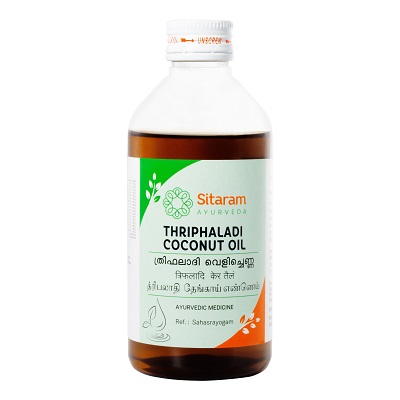
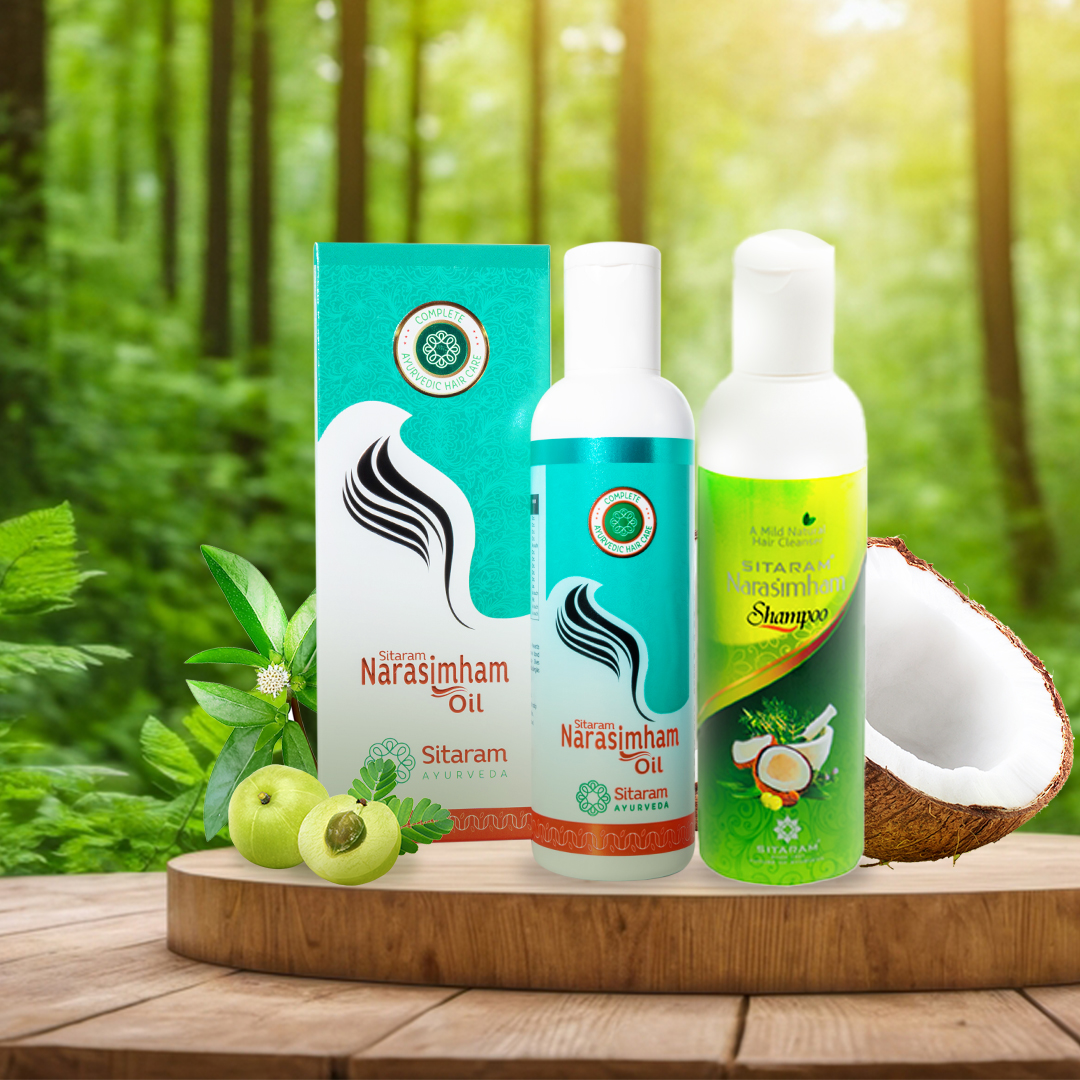
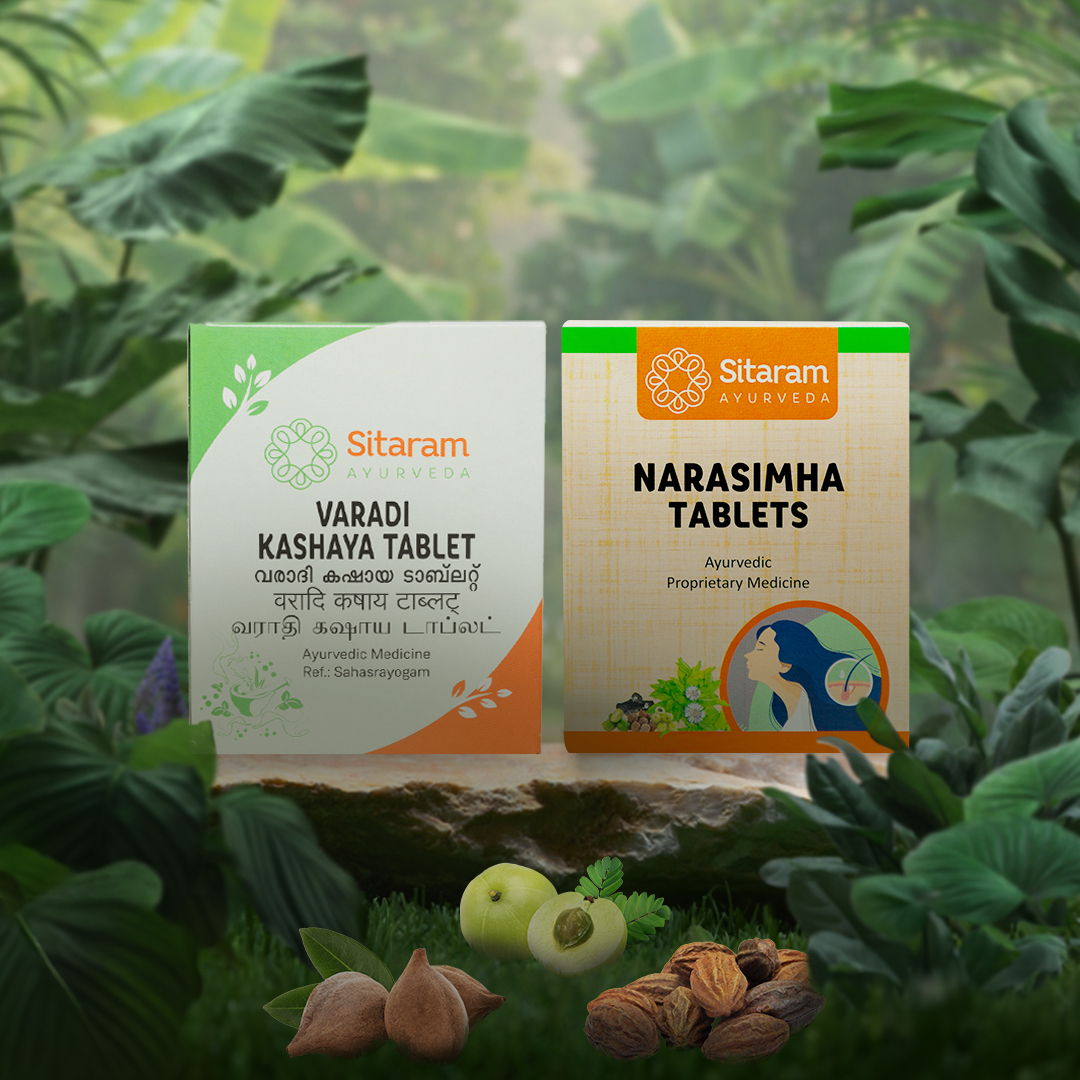
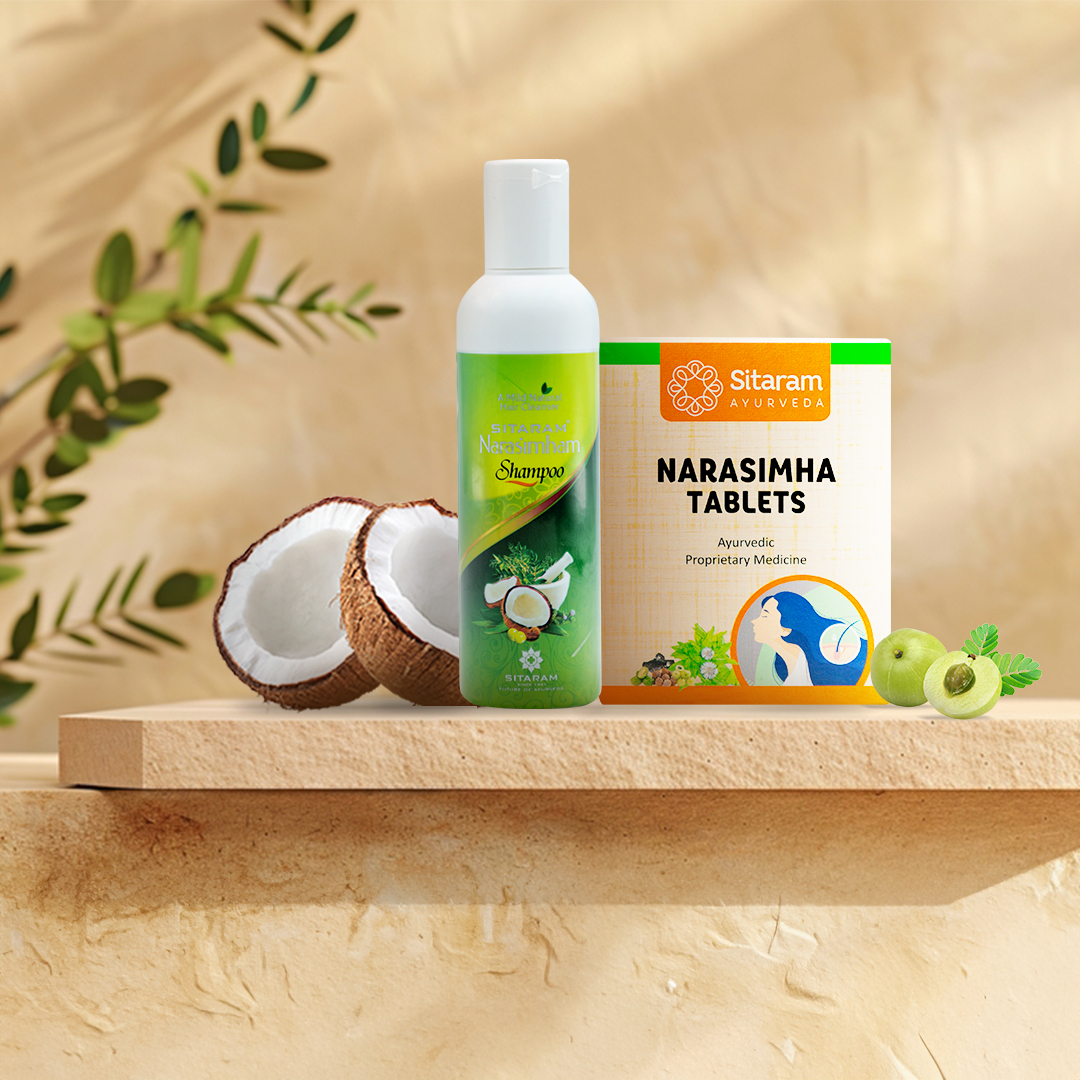
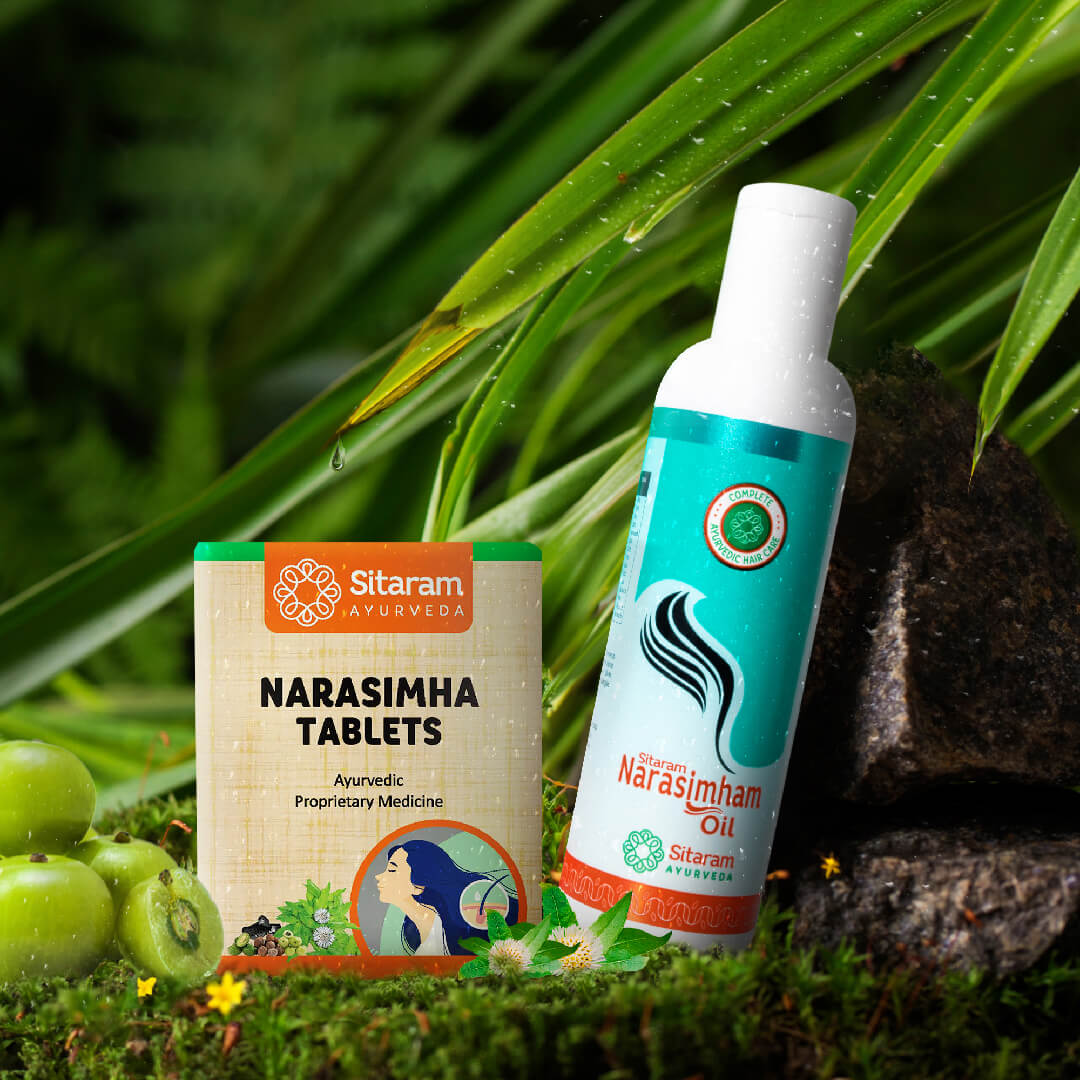
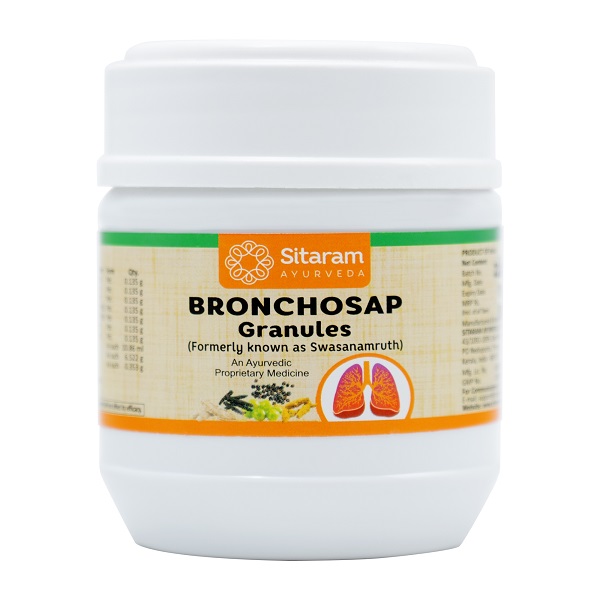
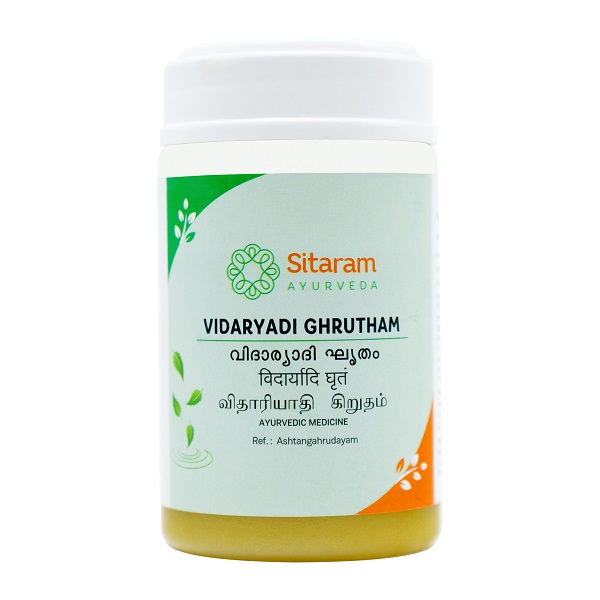
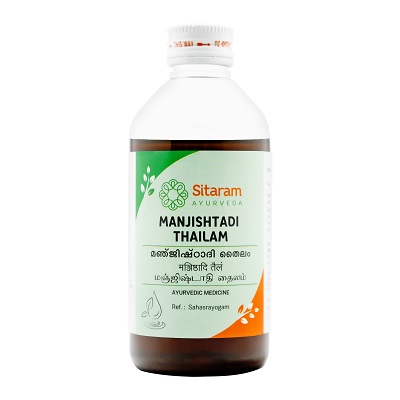
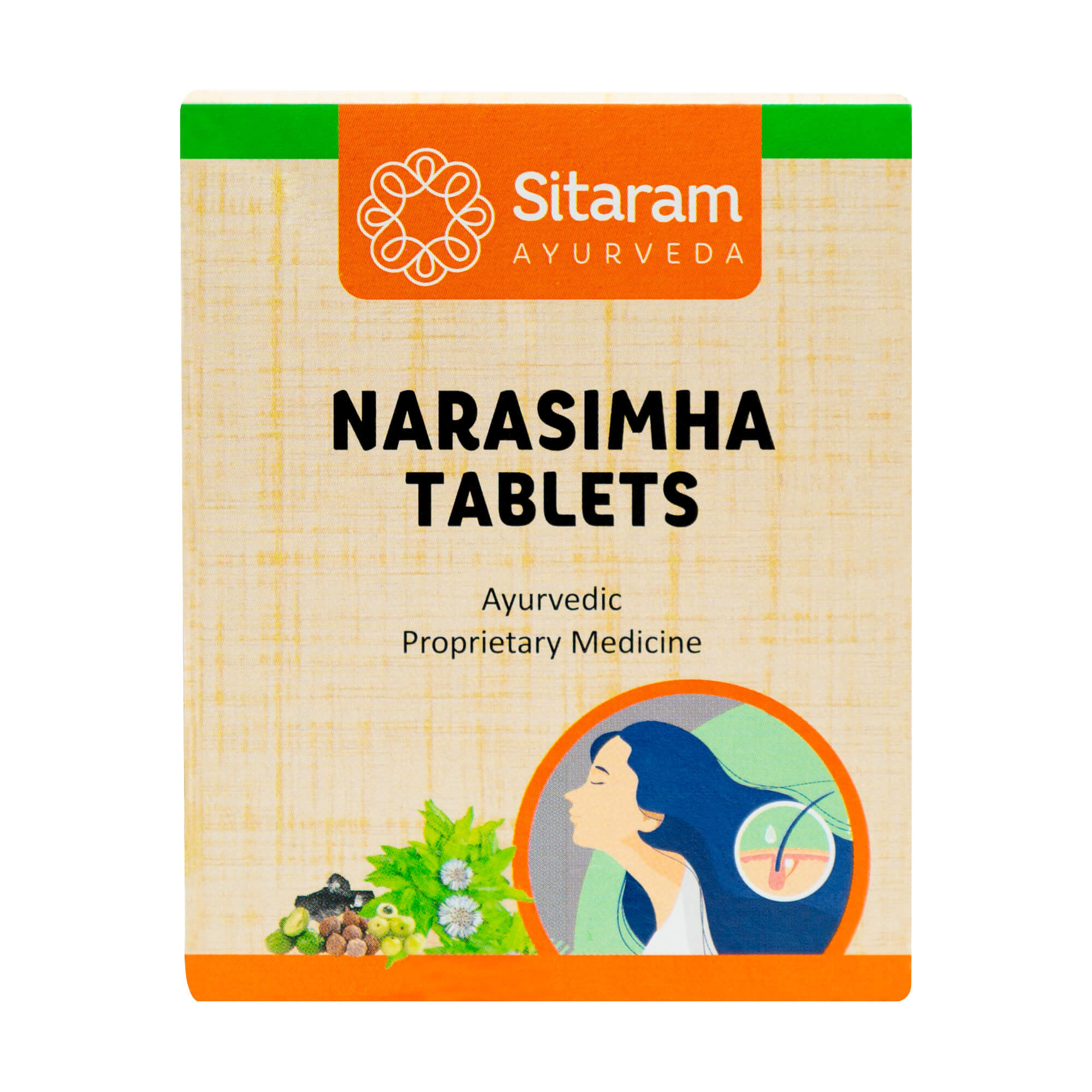
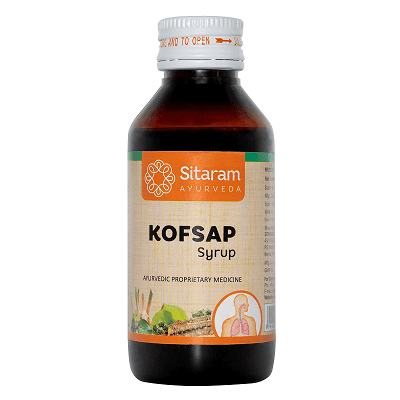
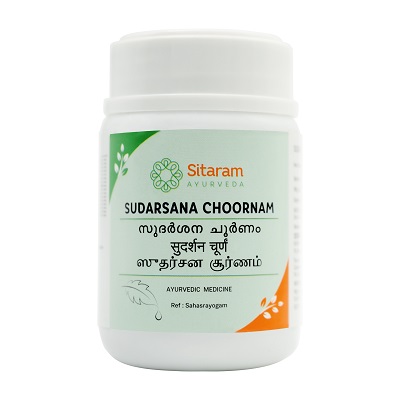
Anonymous (verified owner) –